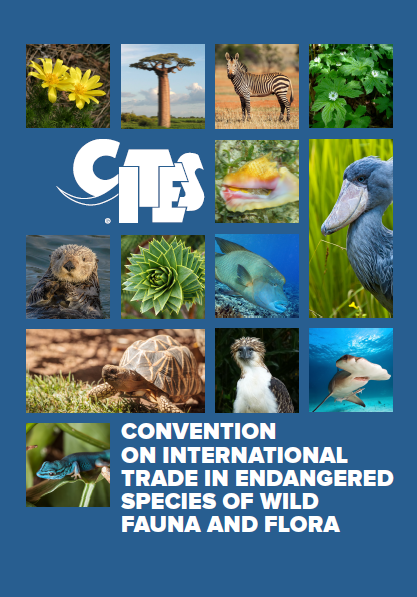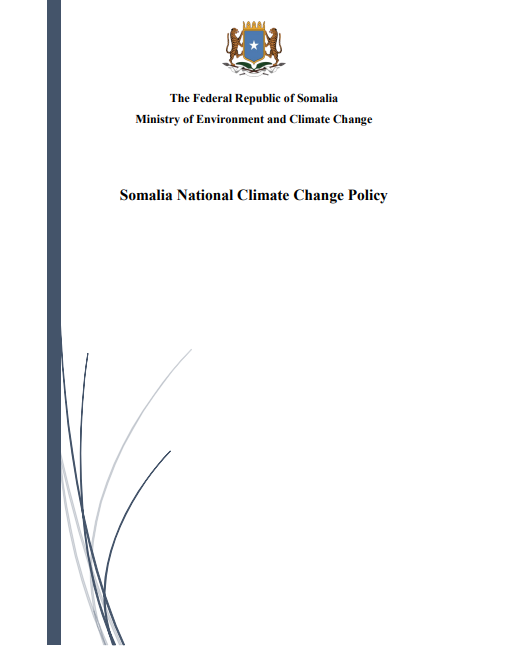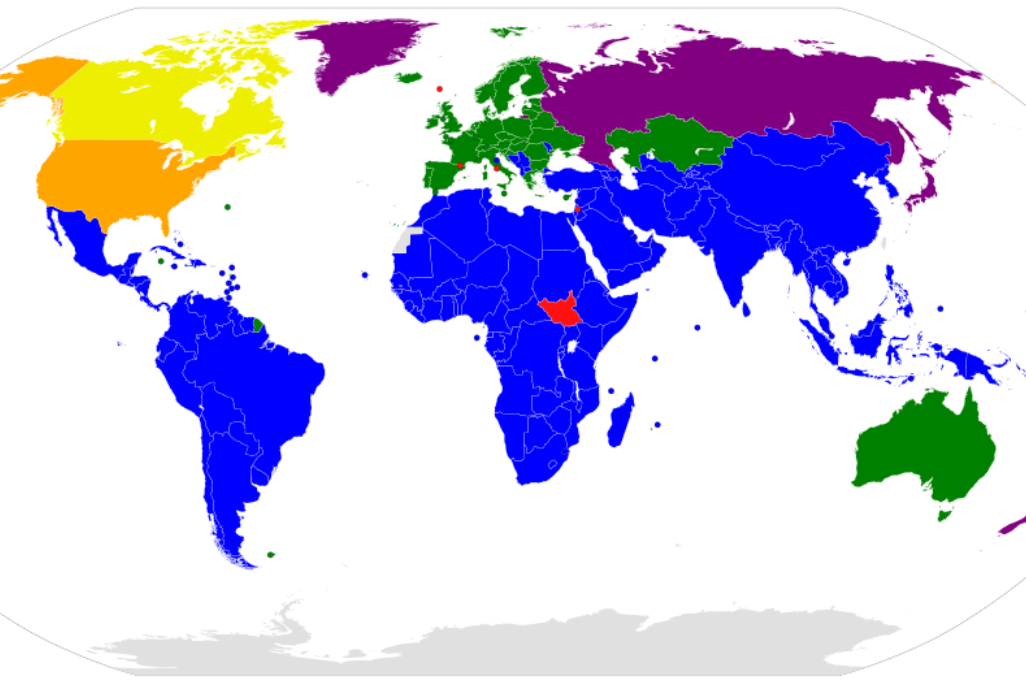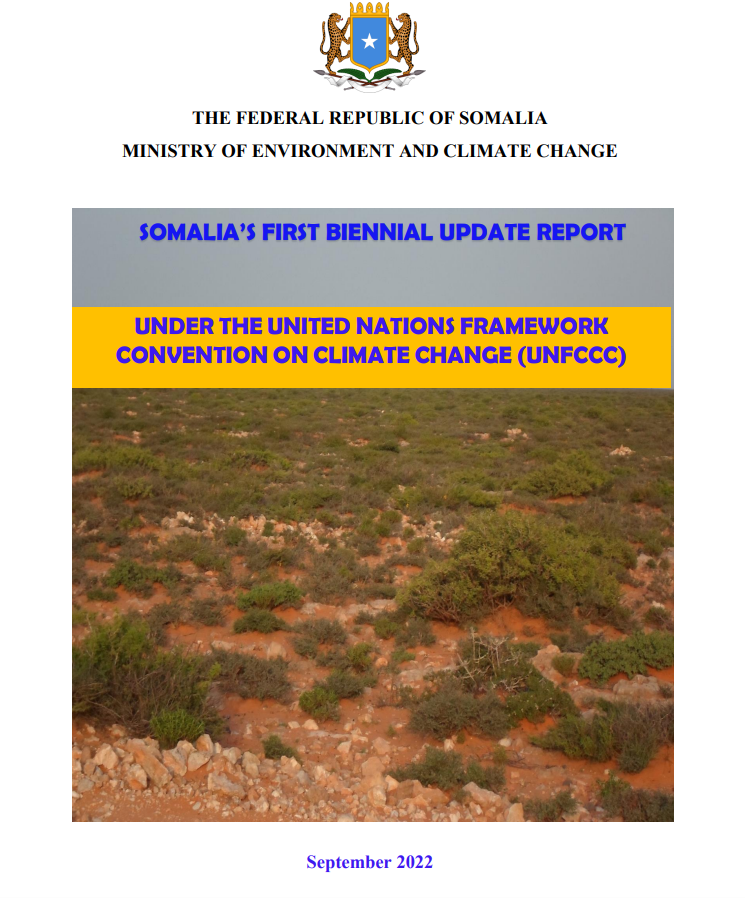
Convention on International Trade in Endangered Species of Wild Fauna and Flora
The Convention on International Trade in Endangered Species of Wild Fauna and Flora (CITES) is a pivotal international agreement established to address the critical issue of preserving endangered species and their habitats. Enacted in 1975, CITES seeks to regulate and manage the global trade of wild animals and plants, particularly those at risk due to unsustainable exploitation and trafficking.
CITES operates through three appendices, each categorizing species based on their conservation status and the level of protection they require. Appendix I includes species threatened with extinction, imposing strict regulations on their international trade. Appendix II comprises species that could become endangered if their trade is not controlled. Appendix III lists species that require cooperation among countries for their management and conservation.
Through a network of member countries and rigorous enforcement, CITES aims to prevent overexploitation of endangered species, combat illegal trade, and ensure that international commerce doesn’t jeopardize the survival of various fauna and flora. This convention plays a vital role in promoting sustainable practices, preserving biodiversity, and safeguarding the delicate balance of ecosystems worldwide.







